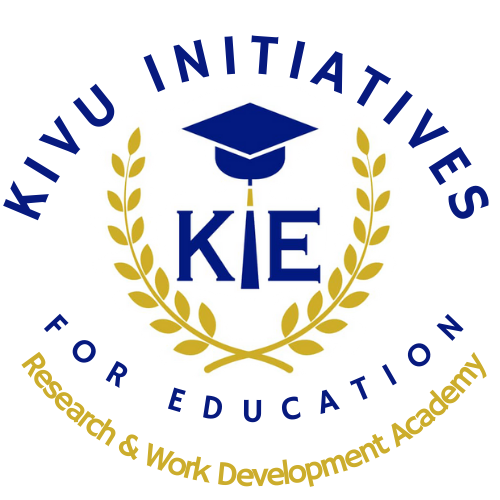Kivu
Initiatives for Education supports partners and clients on new knowledge and
skills curriculum redesign, implementation, and evaluation beyond reading,
writing, and arithmetic.
A broad
range of sources agree that 21st century skills refer
as a set of knowledge, skills, work habits, and character traits that are
expected by teachers, education systems, parents, and employers- in particular,
to be foundational to success in the current globalized world, in changing
careers, and technology driven workplaces.
Kivu
Initiatives for Education is a bridge connecting education providers, students,
and employers to ensure curricula design, teaching, learning, and evaluation
strategies promote lifelong learning, digital skills and twenty first skills
while strengthening their partnerships. Kivu Initiatives for Education focuses
on:
- Advocating
for the creation of a 21st Century Skills unit within the Ministries of
Education to guide national efforts to develop a national framework for 21st
Century Learning, teaching, and curriculum development and evaluation, teacher
professional development policies at all the education levels.
- Advocating
for a partnership with the private sector to set a 21st century skills agenda
and plans to implement 21st century learning for the country. This includes
convening with business and education leaders to agree on goals for acquiring
the 21st century skills that are essential to every community.
- Support
the alignment of preschool, primary, secondary and adult education,
after-school and youth development, workforce development and training, and
teacher education programs around the 21st century skills that matter for
global competitiveness.
- Develop
the capacity of local administrators and school leadership teams to support the
implementation of 21st century skills strategies.
- Embed
21st century skills into teacher preparation and professional development
- Offer
expertise for the integration of Science, Technology, Engineering, and
Mathematics (STEM) teaching, learning and assessment as foundational skills
 English
English
 Le français
Le français


